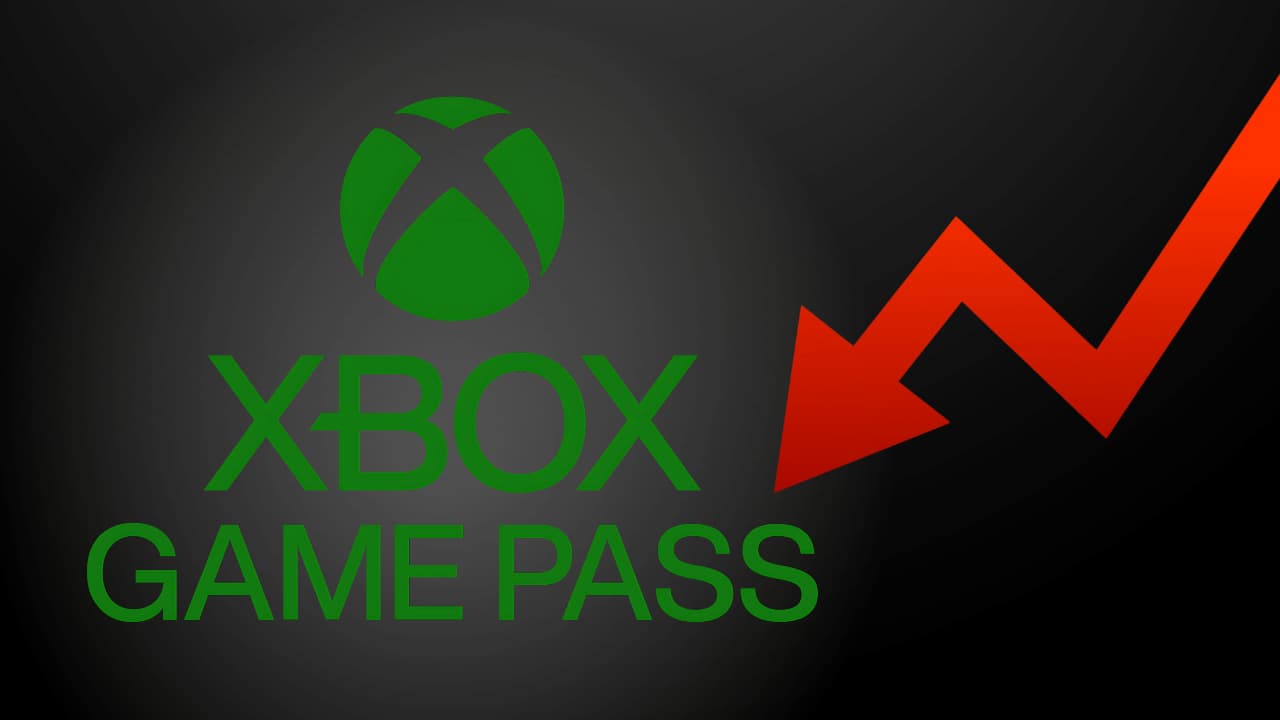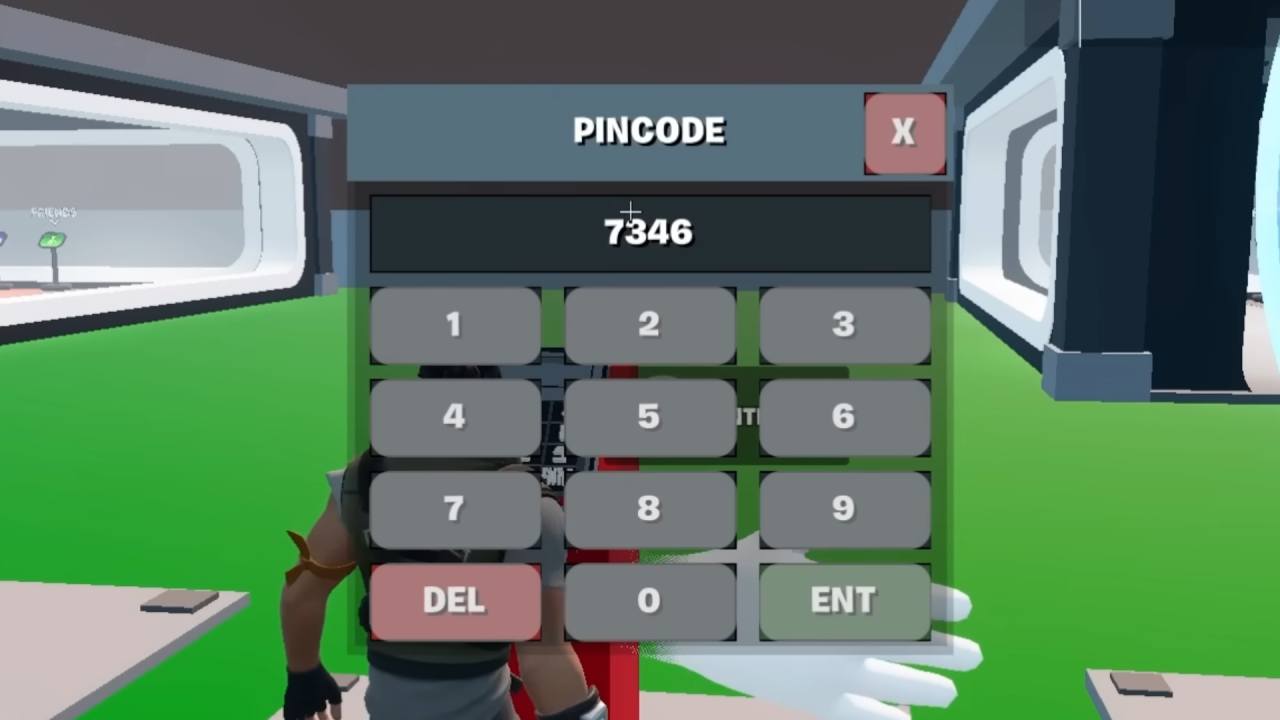When Game Pass launched in 2017, many assumed Microsoft could afford to lose money on it for a while, since the company is so rich. But eventually, it would have to make money on its own to survive.
Over the years, Microsoft has always claimed that Game Pass is making money and can keep going. In fact, in 2019, Xbox boss Phil Spencer said it was doing well and that it would be a game-changer when the next Xbox launched, especially since players would already have access to a bunch of games on day one.
However, it seems like Microsoft is tricking people into thinking that the Xbox Game Pass is profitable even though it might not be.
When Microsoft says Game Pass is profitable, they’re talking about the money it makes compared to the costs of running it. For example:
- Paying other game companies to include their games on Game Pass (third-party fees)
- Advertising and marketing Game Pass
- Maintaining the service (servers, tech support, etc.)
So by those standards, Game Pass is making more money than it costs to run.
But here’s the catch:
They’re not counting the money Xbox might be losing by putting their own big games (from studios they own, like Halo or Starfield) on Game Pass instead of selling them for $60-$70 each.
In other words, if Xbox had sold those games normally (without Game Pass), they might have made more money from individual purchases.
So the point being made is sure, Game Pass looks profitable on paper, but if Xbox’s own game studios were treated like outside companies, which results in getting paid properly for their games being on Game Pass, then it might not actually be profitable.




